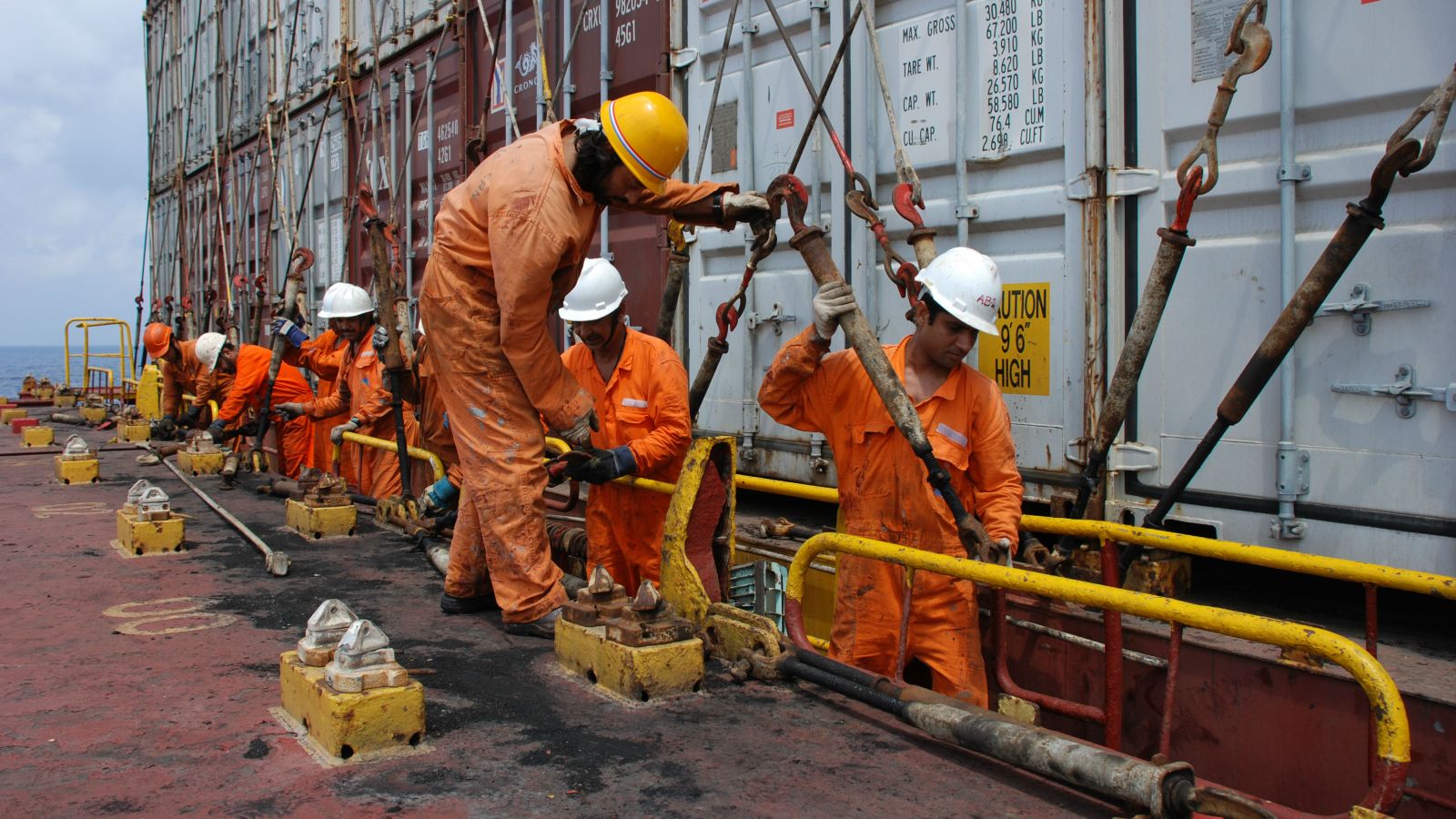Beyond the Basics

The theme of the IMO’s 2017 Day of the Seafarer is “Seafarers Matter.” A key strand of the Sustainable Shipping Initiative’s (SSI) Vision 2040 is to provide a safe, healthy and secure working environment for all in the shipping industry, many of whom are of course seafarers. In order to facilitate a positive working environment on a global scale, seafarers must be valued every day by employers, the industry and governments; not just on the Day of the Seafarer.
Compared to many working men and women, seafarers face some different challenges. They often spend long periods of time away from their home, their families and their friends, often six to nine months at a time, if not longer. The crews on each voyage can vary, and often comprise different nationalities, leading – in some cases - to unfamiliar crew mates and cultural isolation. Long hours, even exceeding proscribed limits, and changing, sometimes harsh, working environments can also lead to fatigue, loneliness and mental health concerns, cases of which have been reported regularly in the shipping media.
In recent years, there have been improvements to seafarer welfare. In 2013, the Maritime Labour Convention (MLC) was ratified, and now covers over 80 percent of the global fleet. It is clear that it has had a genuine and tangible impact when it comes to ensuring that the majority of seafarers now have standards and rights that are more transparent and regulated.
Seafarers play such a crucial role within shipping though, that if the industry is to become truly sustainable by 2040, it is essential that it works collaboratively to continue to eradicate bad and sub-standard practice and ensure the health, safety and working rights of its seafarers, and set a progressive course in which they can thrive. This is not just important for current seafarers, but it will also help with recruitment and retention of skilled staff, making shipping a more attractive place to work.
But if the shipping industry is to truly confirm its belief that seafarers really matter, more needs to be done. The progress of the MLC is to be welcomed, however the industry can raise the bar higher than its minimum requirements, and in many leading companies this is already evident. But it is not the leaders that need convincing. In order to demonstrate this, the SSI has worked with its members to develop a ‘Seafarers’ On Board – Best Practice Charter’ that can be taken up by owners, operators and other industry professionals. As well as including the mandatory requirements of the MLC, it also encompasses the voluntary aspects included in Part B of the Convention.
The key principle of the charter is to go “beyond the basics,” addressing improved accommodation, recreational and social activities, communication and support, food and catering and proper management and policy implementation.
Initiatives like the SSI’s Best Practice Charter aren’t just for the benefit of seafarers. We believe those who adopt the best practice, or take similar measures on their own, will have a more productive business and will experience an increase in operational efficiency. This will, in turn, lead to increased profitability and commercial benefits which the most forward-thinking companies are already realizing. Those who devote their time and energy to seafarer welfare will be able to position themselves as an attractive employer in the industry and therefore attract the best talent, who will continue the virtuous cycle. In our eyes, this is the epitome of sustainability.
The MLC has gone part of the way to ensuring seafarers’ rights are considered and their work is valued. However, it is now up to the industry as a whole to ensure that a high level of welfare provision becomes the norm. While it is absolutely right to formally mark the role that seafarers play in the shipping industry on the IMO’s Day of the Seafarer, the first step on this journey is to acknowledge that seafarers matter every day, and to treat them accordingly.
Alastair Fischbacher is Co-Chair, and Tom Holmer is General Manager of the Sustainable Shipping Initiative.
The opinions expressed herein are the author's and not necessarily those of The Maritime Executive.
